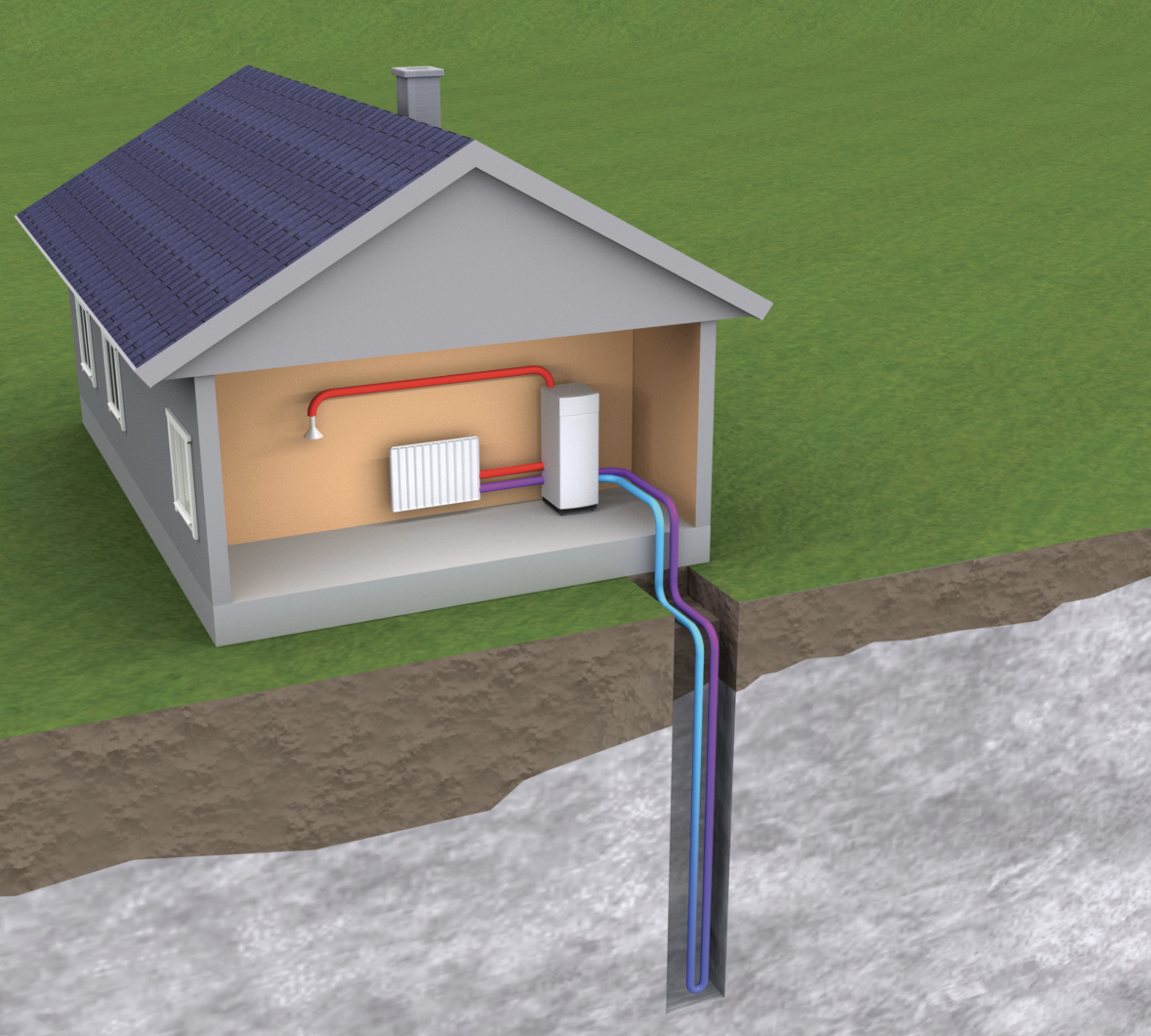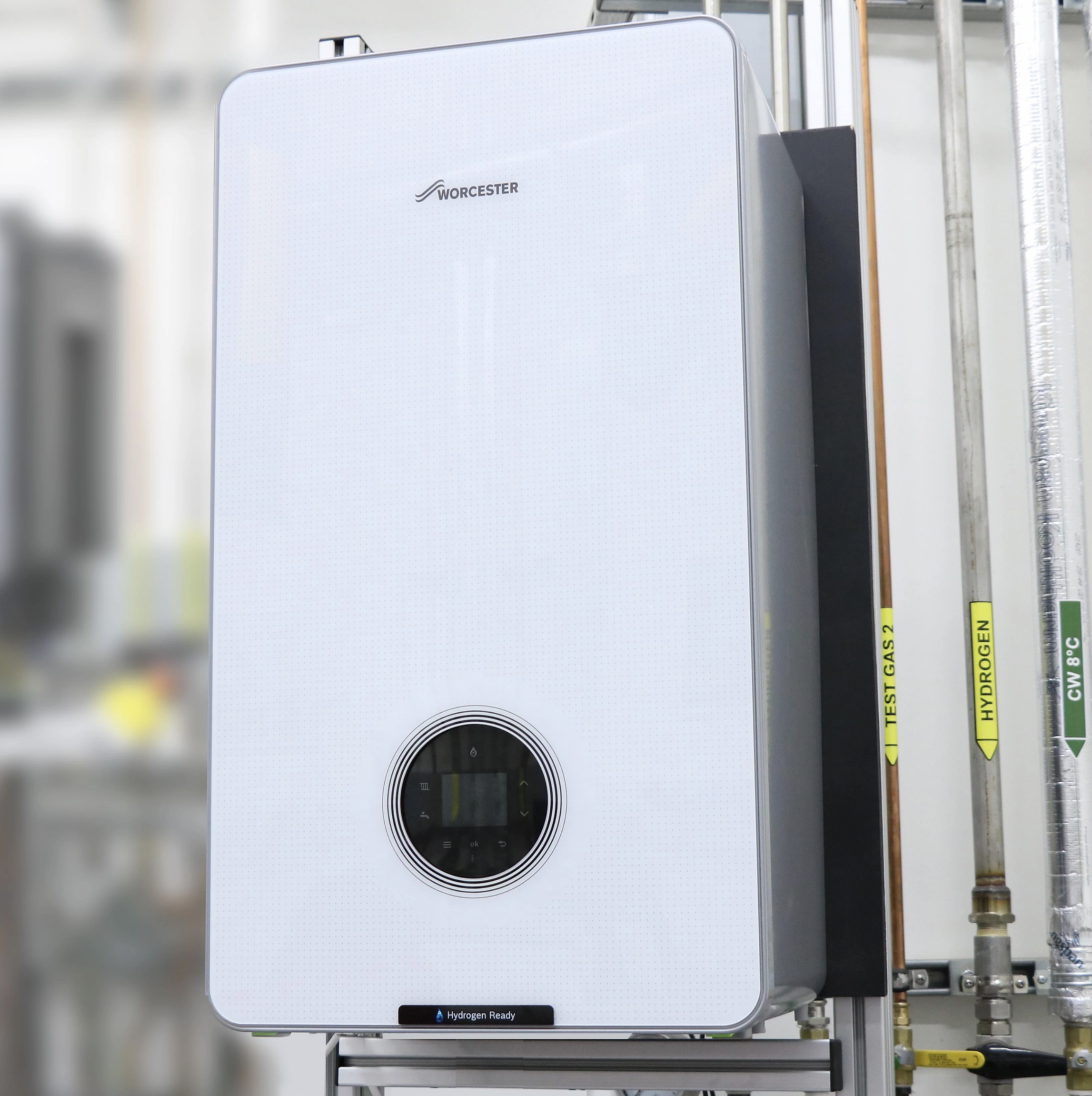Renewable Heating: Primed for the future
According to a recent report by the Energy Saving Trust, an average UK household annually emits nearly 2700+kg of CO2 in to the atmosphere by using its current heating solutions. So, British people are pumping the highest amount of CO2 into the environment not through their cars, everyday waste, or travel, but through the heating solutions they employ at home. That’s eye-opening!
Heating has become central to the discussion on reducing the UK’s carbon footprint. And the change is happening. Renewable heating solutions are the preferred alternative for new housing projects too. After all, it is the future. So, if you are looking for a heating solution for your home, think renewable heating and make it future-ready. Here are the most popular options available to you.
Ground Source Heat Pumps
A ground source heat pump or GSHP uses a mixture of antifreeze and water. This fluid circulates in a loop pipe under the ground. As the name suggests, the loop pipe absorbs heat from the ground, which is absorbed by the fluid. As the fluid passes through a compressor, it increases its temperature, which can then be used for heating water or the house through water circuits.
The cooled fluid returns to the ground and gets heated again. This process repeats itself and produces a renewable source of domestic heating.

Solar Heating
One of, if not, the most renowned renewable heating in a residential setting is solar heating. The heat from the sun can be stored in solar cells placed on the roof of the house. These charged solar cells can then be used to power the heating of hot water in the house.
One of the biggest disadvantages of solar heating is that it may be rendered useless in the absence of a shining sun. However, with
major leaps in renewable energy research, the efficiency of solar cells has dramatically increased. So, even if an area receives sunlight for a short period, solar power can be used for green heating & hot water.
Hydrogen Boilers
Natural gas is one of the most popular fuels that powers heating in households in many parts of the country. But, natural gas is a non-renewable resource. Hydrogen, a renewable resource, is now being touted as a viable and even a better alternative to natural gas. After all, 1kg of hydrogen releases as much energy as 2.8kg of gasoline. The best part is that hydrogen allows people to use the existing gas network that heats their homes. The only difference is that instead of natural gas, hydrogen will run in those gas pipes.
Hydrogen boilers can possibly free us from our dependence on fossil fuels like liquified petroleum gas, natural gas, and oil.

Air Source Heat Pumps
Air source heat pumps work on the same principle as GSHPs. The air’s heat is captured and passed on to a fluid, which goes through a compressor and heats up. The primary difference is that they use air for heating instead of GSHPs fluid mixture. These heat pumps can absorb heat from the air outside. In fact, air source heat pumps can extract heat from the atmospheric air even at freezing temperatures of -15oC. While the heat pumps use electricity to carry out their operation, they produce more heat than heating equipment running on electricity.
Doing Your Part
Our generation is at an inflection point today. We have a choice to continue living like this or do something about it TODAY. We don’t have to build such solutions from scratch either. Companies like Worcester Bosch are providing us with renewable domestic heating solutions that are ready for our use now.
